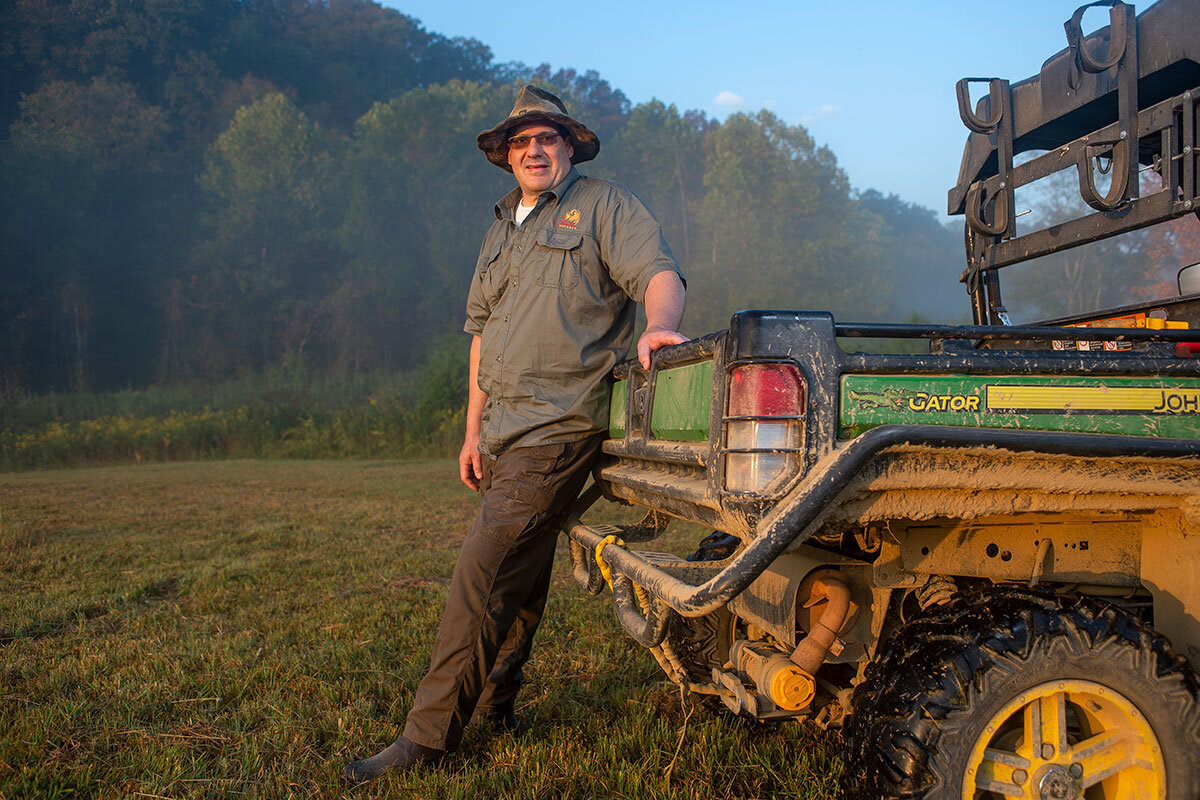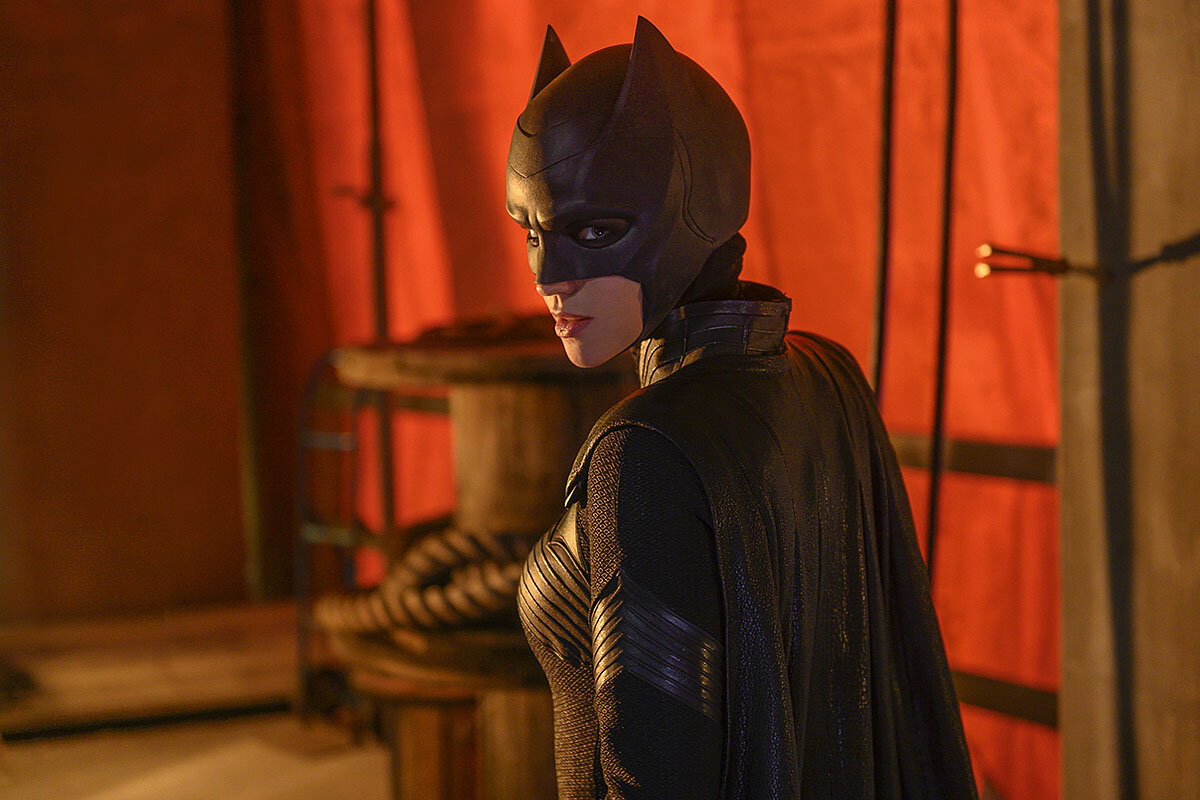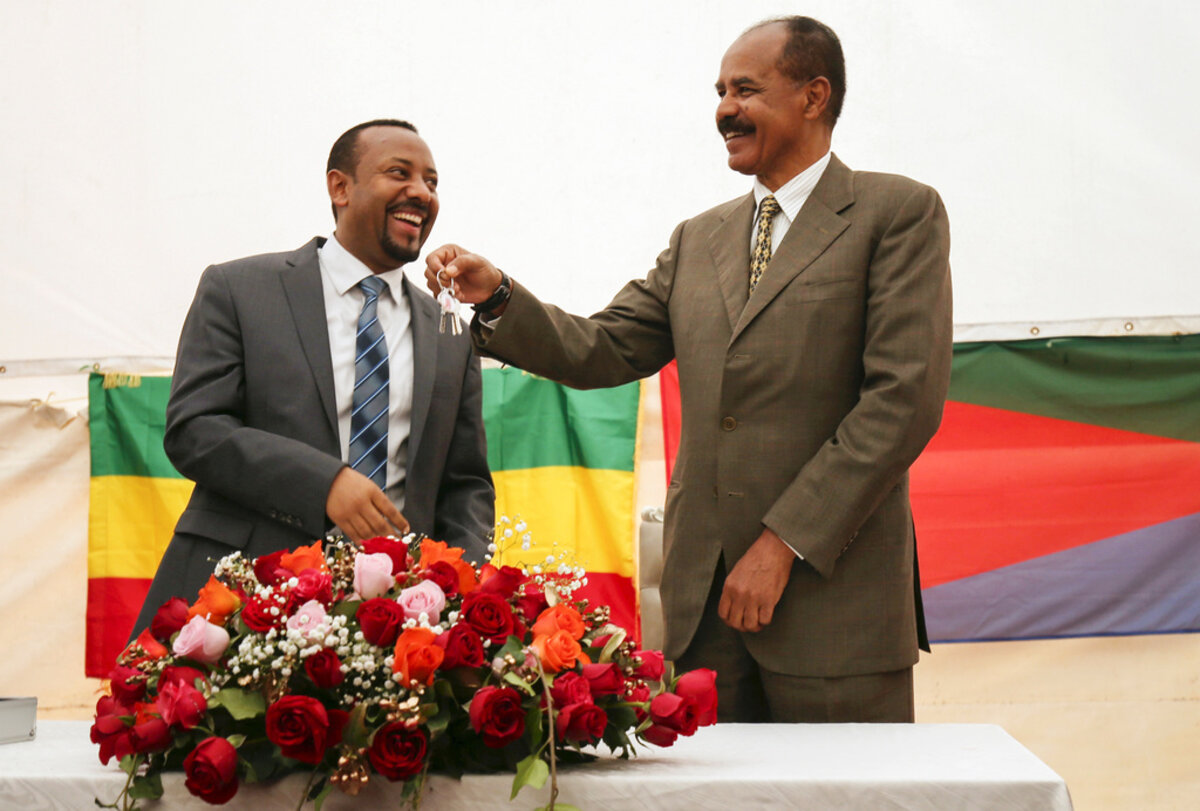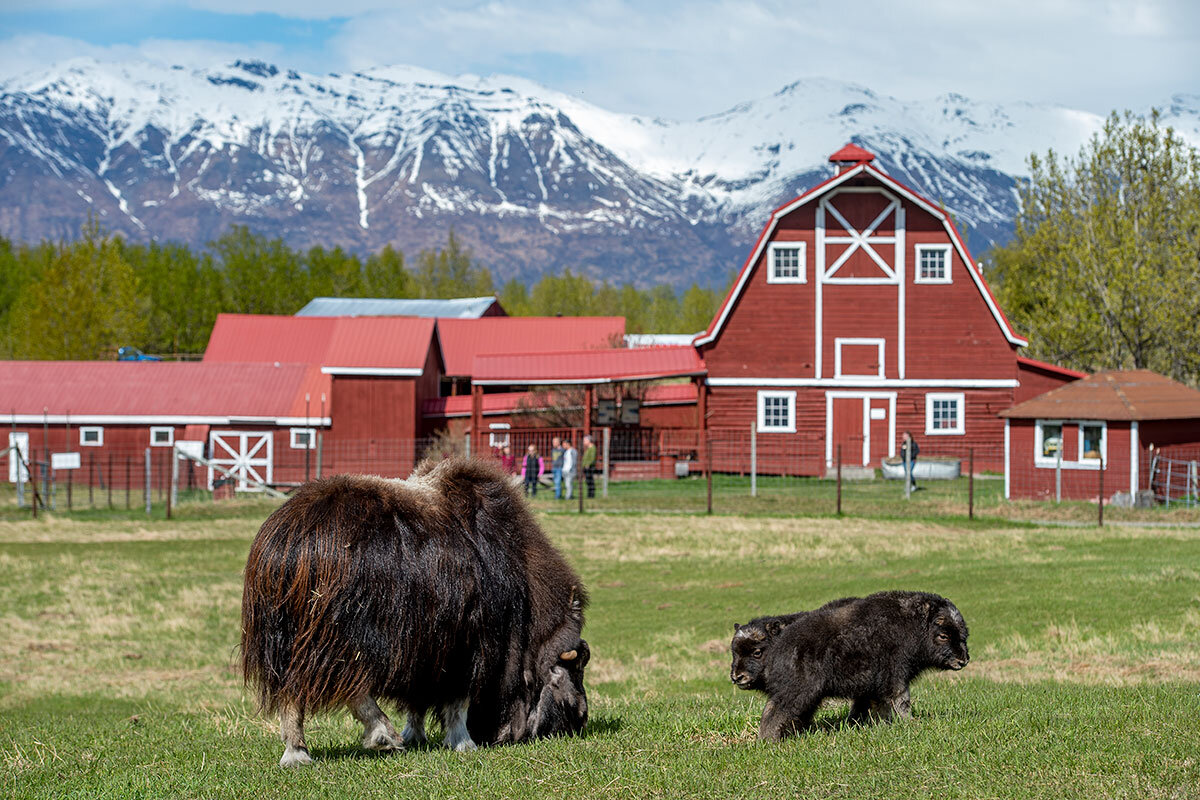What drives a passion for guns? For one man, it started in childhood and continues with loyalty to a cause – if not to the giant organization he’s fighting to clean up.
Monitor Daily Podcast
- Follow us:
- Apple Podcasts
- Spotify
- RSS Feed
- Download
 Peter Grier
Peter Grier
Today’s stories include a rebel gun owner taking on the NRA from the inside, a defining moment in Polish politics, a counterintuitive coastal construction boom, the struggle for migrants returning home to their native Nigeria, and a glimpse of the world builders that hope to capture TV audiences this fall.
First, let’s take a deeper look at a French phrase that’s reappeared in the news lately: “coup d’état.”
“Coup” is shorthand for overthrowing a government. Experts define it specifically as ousting an executive authority by extralegal means.
It’s relevant today because President Donald Trump has used it to describe the ongoing House impeachment inquiry. Supporters follow his lead: On Thursday an attendee at a Minneapolis Trump rally told Yahoo News that impeachment “is a complete coup, and it’s at the highest levels of intelligence agencies.”
This is misleading. Impeachment is a legal process outlined by the Constitution to allow Congress to weigh charges of misconduct against top U.S. officials.
To call it a coup is to embrace a “deep state” conspiracy theory for which no evidence now exists.
But the charge isn’t unprecedented. Frustrated partisans in past impeachments have used “coup” as well. President Richard Nixon’s supporters did. President Bill Clinton’s did too.
The day before the Republican-led House voted to impeach President Clinton in December 1998 members engaged in a marathon debate that echoed some of the arguments used today.
“This partisan coup d’état will go down in infamy in the history of this nation,” said one Democrat.
That lawmaker was Rep. Jerrold Nadler of New York, who today is chairman of the House Judiciary Committee and a key player in the current impeachment process.










